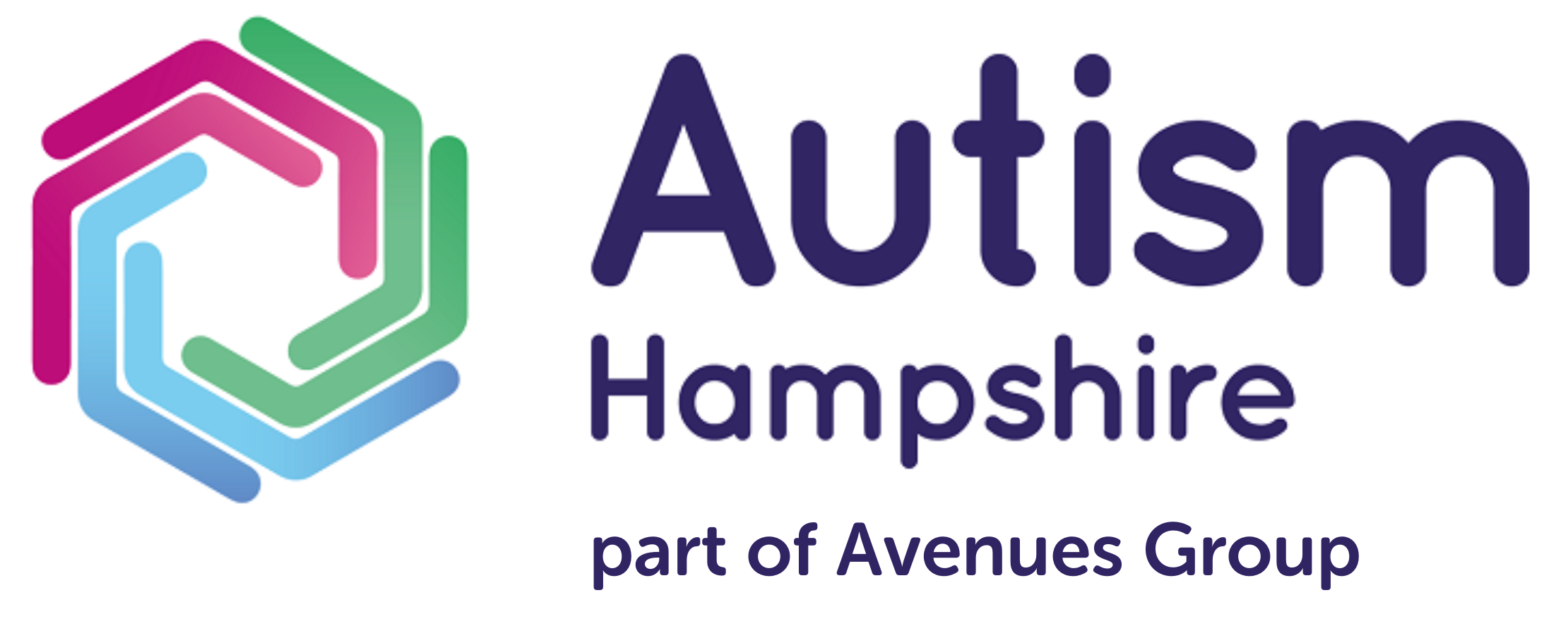Learning to thrive after a late-autism diagnosis
31st March 2025

Sarah has recently joined Autism Hampshire’s Oliver McGowan training team and has a passion for making healthcare accessible for everyone. Currently pursuing a postgraduate research degree, researching how to reduce diagnostic delays for autistic people with Ehlers-Danlos syndrome, Sarah only started considering she may be autistic during the autism lectures on her MSc Clinical and Developmental Neuropsychology course, which she graduated from in November last year.
What does being autistic mean to you, and how does it shape your daily life?
Being autistic means understanding myself in ways I never could before my diagnosis. It explains so many of my life experiences, from my sensory sensitivities to my deep focus on topics of interest. It also means learning to navigate a world that often isn’t designed for neurodivergent people. It’s been a steep learning curve since my autism diagnosis in May 2022 when I was 37 – I’ve learnt to structure my days to accommodate my sensory needs, take breaks when I feel overwhelmed, and use tools like noise-cancelling headphones and clear routines to prioritise my wellbeing. I’ve also worked very hard to understand my communication differences as an autistic individual, and how to better advocate for myself in healthcare settings. Since my diagnosis, I've learnt to unmask, accept myself for who I am, embrace the things I find hardest and also be a lot kinder to myself.
What led you to your diagnosis? Tell us more about your journey.
During my MSc course in Clinical and Developmental Neuropsychology, I attended lectures on autism and found myself relating deeply to what was being discussed. For the first time, I saw my lifelong ‘struggles’ (although this is a controversial word for some) and differences through a new lens. I had spent years being misdiagnosed and misunderstood within mental health services and the healthcare system, so finally having the right framework to understand my experiences was transformative. I had been under a mental health team for 15 years, and was misdiagnosed with EUPD (emotionally unstable personality disorder). After extensive research and self-reflection, I arranged an autism assessment, which confirmed I am autistic. It was a hugely validating and healing experience, but it also made me reflect on the barriers many autistic individuals face in accessing timely and accurate diagnoses, which has inspired my current postgrad research degree.
What are some strengths or positive aspects of being autistic that you wish more people recognised?
Autistic people can bring incredible dedication, creativity, and deep-thinking skills to whatever interests them. I have a strong ability to hyperfocus on things that really interest me, which has been invaluable in my research. Autistic people can also have immense empathy, contrary to common misconceptions, and often advocate passionately for fairness and justice. Our different way of experiencing the world is an asset, and I wish more people recognised the value of neurodivergent perspectives. Putting reasonable adjustments and appropriate support in place, can certainly help autistic people thrive. I’m immensely grateful for all the support I've had, and have, at university.
What adjustments or changes in society would make the world more inclusive for autistic people?
Greater awareness, knowledge and understanding in healthcare settings, workplaces and education could make a huge difference. Simple adjustments like offering quiet spaces, allowing alternative communication methods, and recognising sensory sensitivities can create a more inclusive society. Additionally, training for healthcare professionals on autism, particularly in relation to co-occurring conditions, is crucial to reducing misdiagnoses and ensuring appropriate and more timely support.
If you could give one piece of advice to someone who has just discovered they are autistic, what would it be?
Join support groups and meet other autistic people – such as the Serendipity Community Groups run by Autism Hampshire.
Learn as much as you can – find ways to get to know yourself, learn about how to support your wellbeing and emotional health – learn about emotion regulation, learn about how the brain interprets sensory input, learn about interoception. Learn about your rights and how to ask for reasonable adjustments in healthcare settings, work and education. And learn how to lean into your strengths and the things you’re really good at, whilst learning how to ask for help with things you struggle more with.
Be kind to yourself, and allow yourself time to process your new diagnosis. People often go through a period similar to grief, and deep reflection about how things might have been different if they had been diagnosed earlier and had better support in place. Finding out you are autistic can be overwhelming, but also incredibly empowering. Connect with the autistic community, seek out supportive spaces, and remember that your needs are valid. You deserve to exist in environments that respect and accommodate you for who you are, and self-acceptance is a powerful first step in that journey.
To read more about Sarah and her experiences, visit her website: www.floatawaytrauma.com.
View all of our activities for Autism Acceptance Week 2025.
Audio of above interview (voiced by AI technology):
